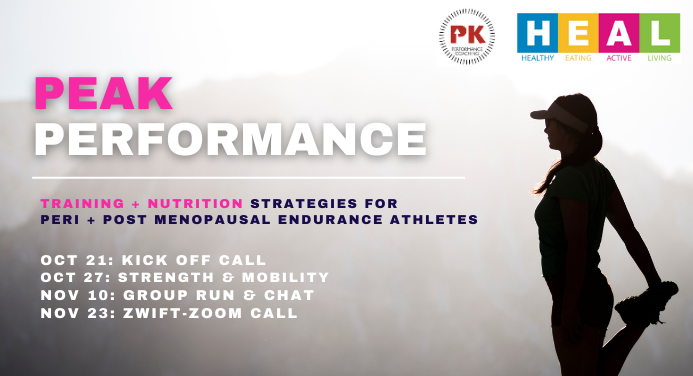
Do you cool down? If not you might be missing something!
August 26, 2016
Top 10 for 10: Recovery
August 30, 2016How should athletes adjust their diet during hot training and race conditions?
In the hot, humid months of summer proper hydration is especially important to consider for your diet when it comes to training and racing in hot conditions. Take the time to plan your training hydration from start to finish to maximize your health and performance! The amount you sweat is dependent on individual sweat rate, temperature, humidity and length and intensity of your run. It’s not always possible to rely on your thirst mechanism as an indicator of hydration, so starting with a plan is the best idea.
Hydrate Pre-Exercise
Start all your training fully hydrated so you can train properly and minimize the risk of dehydration. Dehydration will elevate your heart rate and core body temperature beyond optimal levels, which will lead to reduction in performance and will slow recovery. Consume 2-4 cups of fluid, 2-4 hours before your training session. You may need additional carbohydrate and / or electrolytes depending on the duration, intensity and weather conditions.
Hydrate during your training
If you train without water you risk placing unnecessary stresses on your tissues and organs, which can lead to early fatigue, poor performance and increase your risk for injury. Follow recommended hydration guidelines for all runs. For hot, humid conditions make sure you are consuming at least 500mL to 1litre of water and 250-500mg of sodium per Litre of fluid to ensure that you don’t dilute your blood sodium levels with excess water. Drink at regular intervals (every 15-20 minutes) during your training and racing to maintain a balance and to reduce the risk water from sloshing around in the summer.
Hydrate Post-Exercise
Consume approximately 2 cups of water for every pound lost during your run. If you gained weight during your run then you likely over-consumed water. Some people can benefit from added electrolytes post-run especially if they are consuming large amounts of water.
Final considerations: Food digestion interferes with blood flow to working muscles so avoid large meals before running in the heat. Use the colour of your urine as an indicator of low hydration- it should be a pale straw colour. Hydration during humid conditions can be tricky as your risk of dehydration increases as the body’s ability to cool is reduced since sweat is not evaporated. As a result, you will need to drink more to compensate for the excess heat. However, excess water can lead to diluted blood sodium levels (hyponatermia) so in humid conditions make sure you are adding small amounts of sodium to your water at approximately 250-500mg per litre of fluids consumed (some individuals may need more sodium). Lastly, avoid alcoholic beverages around workouts as they have a diuretic effect.
—————————————————-
Tara Postnikoff is a Registered Nutritional Consultant, certified Personal Trainer and Triathlon/Running Coach in Toronto and is the founder of Healthy Eating Active Living ™ . Tara is an avid distance runner and triathlete, and a regular Guest Speaker for the Running Room clinics. Tara can be reached at tara@heal-nutrition.com or www.heal-nutrition.com



